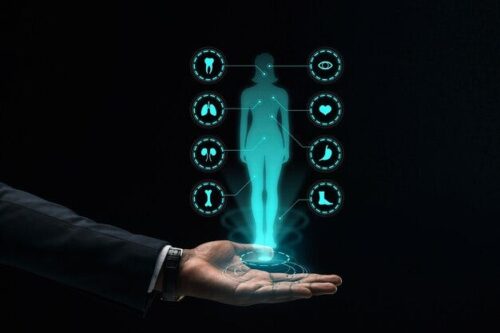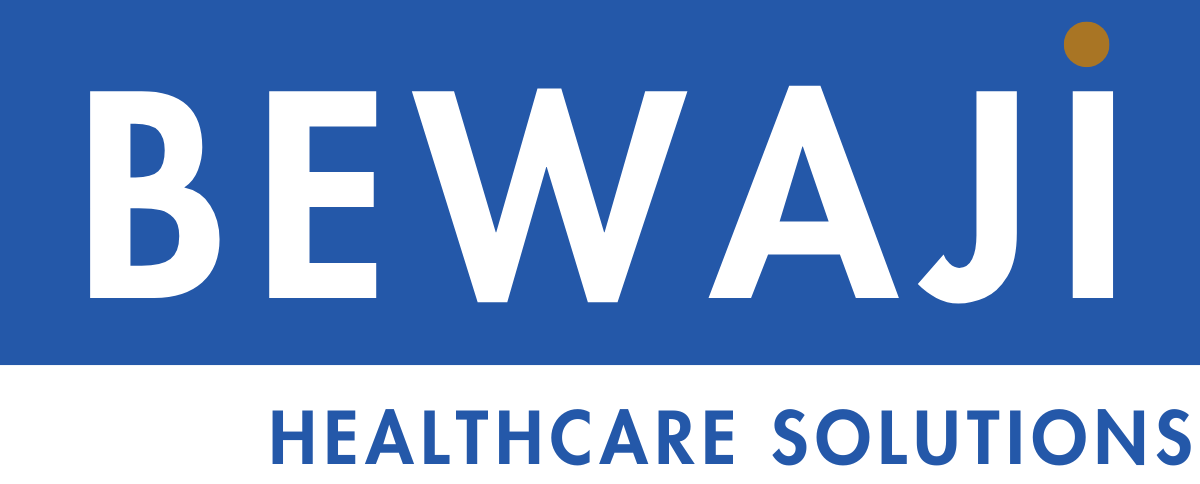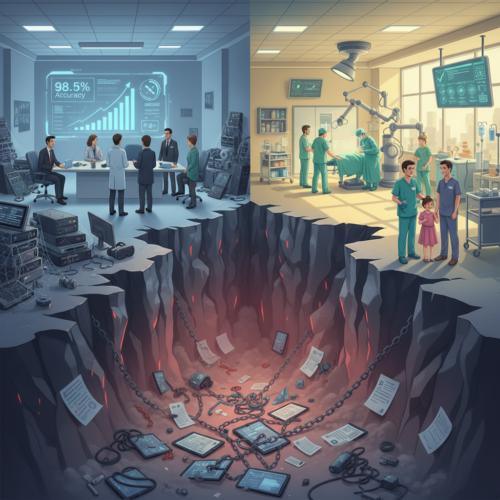At the heart of modern medicine lies a crisis as silent as it is deadly—antibiotic resistance. The specter of a post-antibiotic era, where simple infections could once again kill, is a scenario that demands not just attention but immediate action. In this fight, artificial intelligence (AI) emerges not merely as a tool but as a potential game-changer.

The Unseen Tsunami of Resistance
We find ourselves at a precipice where the tools that once heralded a revolution in healthcare are becoming blunt. Antibiotic resistance is not a distant threat; it is upon us, with predictions for the future casting a grim shadow on our collective well-being. Data paints a stark picture: a future where resistant infections could eclipse mortality rates from cancer.
AI in the Trenches

It’s in this context that AI’s capabilities come to light. Beyond mere data analysis, AI is our modern-day alchemist, capable of unearthing new antibiotic leads that elude conventional research methods. By sifting through vast molecular landscapes, AI is spearheading the search for novel compounds. But it doesn’t stop there—AI is revolutionizing the way we combine drugs, teasing out combinations that could outsmart the most cunning bacteria.
Pioneering the Medical Frontier with AI
The trajectory of AI in medicine is witnessing a pivotal shift—from retrospective number-crunching to spearheading proactive experimentation. Imagine ‘labs-on-a-chip’ orchestrated by AI, running experiments that mimic Darwinian selection to uncover new treatments. This isn’t just an advancement; it’s a transformation in how we approach scientific discovery.
Bracing for the Inevitable
As we stand on the brink of an era where our antibiotic arsenal may falter, the need for surge capacity and robust preparedness cannot be overstated. It is incumbent upon us—policymakers, healthcare providers, and the scientific community—to usher in new policies and incentives that promote the development and judicious use of life-saving drugs.

